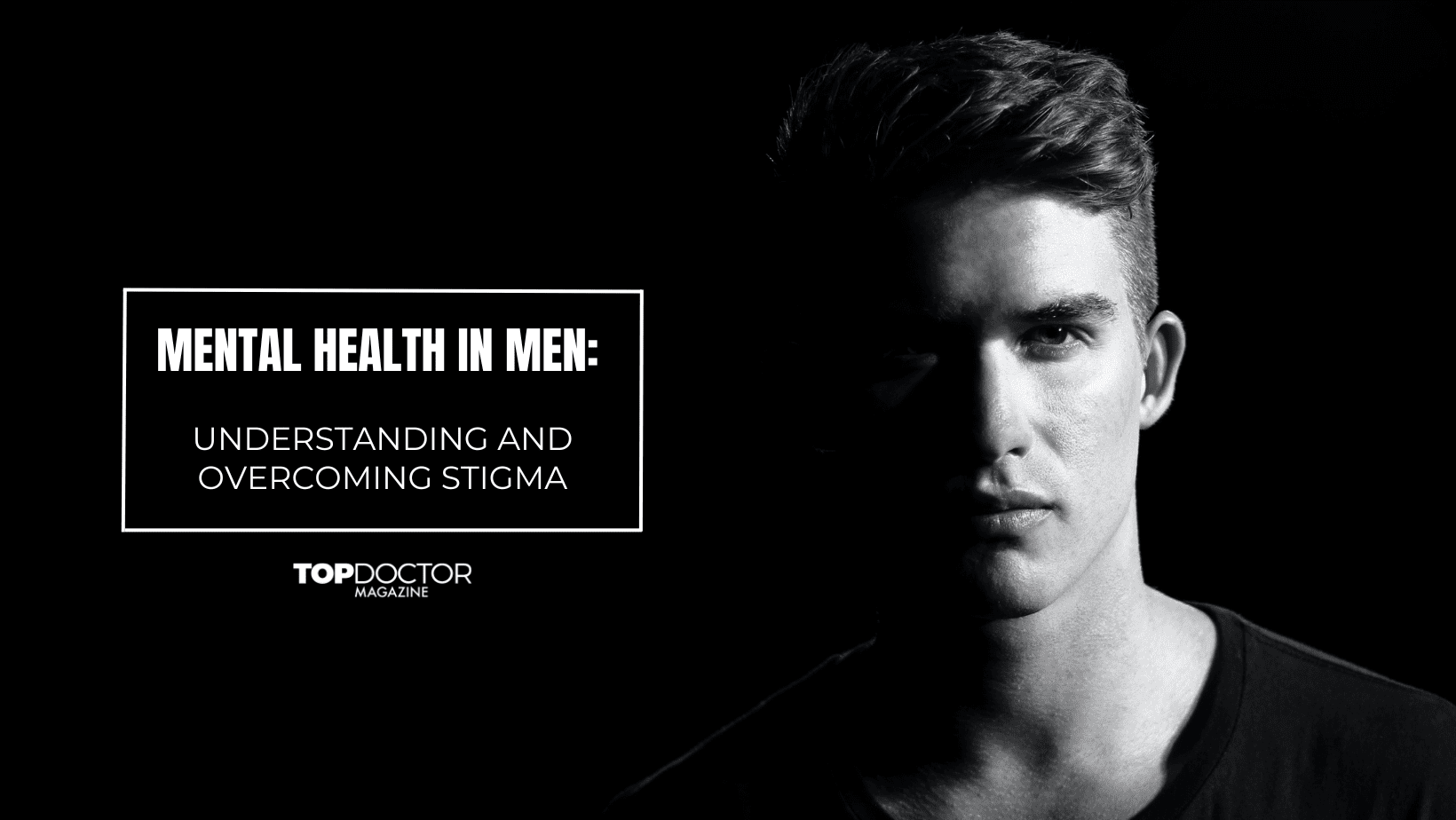Introduction
Mental health is a critical aspect of overall well-being, affecting individuals of all genders. However, mental health has a prevailing stigma, particularly among men. Societal expectations, cultural norms, and traditional gender roles often discourage men from seeking help and openly discussing their mental health struggles. This article aims to shed light on the topic of mental health in men, explore the reasons behind the stigma, and provide strategies for understanding and overcoming it.
Understanding the Stigma
The stigma surrounding mental health in men stems from a variety of factors. One key factor is societal expectations that men should be strong, stoic, and independent. As a result, expressing vulnerability or seeking help for mental health issues is often seen as a sign of weakness. As a result, many men internalize their feelings, leading to increased stress and worsening mental health conditions.
Cultural norms also play a significant role in perpetuating the stigma. In many societies, the concept of masculinity is closely tied to notions of dominance, control, and emotional restraint. This can create barriers for men seeking help, as they fear judgment and ostracization if they display emotions or admit to struggling with mental health.
Another contributing factor is the lack of awareness and education surrounding mental health. Men may not recognize the symptoms of mental health disorders or understand that they are experiencing a genuine condition. This lack of awareness further reinforces the stigma, as men may dismiss their struggles as a temporary phase or a personal failing.
Overcoming the Stigma
- Education and Awareness: One of the most effective ways to combat mental health stigma in men is through education and awareness campaigns. By providing accurate information about mental health, its prevalence, and the available treatments, we can dispel misconceptions and promote understanding. Public campaigns can also highlight stories of men who have sought help and successfully managed their mental health, encouraging others to do the same.
- Promoting Open Dialogue: It is crucial to create safe spaces for men to discuss their mental health. Encouraging open dialogue among friends, family, and within communities can help normalize conversations about mental health. Men should feel comfortable sharing their experiences, emotions, and struggles without fear of judgment. The stigma can gradually be dismantled by fostering an environment of support and understanding.
- Challenging Gender Stereotypes: It is essential to challenge traditional gender stereotypes that reinforce mental health stigma. Men should be encouraged to embrace their emotions and understand that seeking help is a sign of strength, not weakness. Promoting diverse and positive representations of masculinity can help redefine societal expectations and create a more inclusive and accepting environment.
- Mental Health Services Tailored for Men: Mental health services should be tailored to address men’s specific needs and concerns. Offering male-friendly environments where men feel comfortable seeking help can make a significant difference. Mental health professionals can also receive training to understand better and support men’s mental health challenges.
- Leading by Example: Men in positions of influence, such as celebrities, athletes, and community leaders, have a unique opportunity to lead by example and challenge the stigma surrounding mental health. When public figures share their own mental health journeys and advocate for seeking help, it can inspire others to do the same. Their stories help normalize the idea that mental health issues can affect anyone and that seeking support is a courageous and necessary step.
Conclusion
The stigma surrounding mental health in men is a significant barrier to seeking help and support. Understanding the factors contributing to this stigma and working to overcome them is crucial for improving men’s mental health outcomes. We can create a more supportive and accepting society by promoting education, open dialogue, challenging stereotypes, and providing tailored mental health services. Breaking down the stigma surrounding mental health in men will allow individuals to seek help when needed, ultimately leading to better overall well-being.
At TopDoctor Magazine, our mission is to foster connections within the health and wellness community, acting as a vital bridge between doctors and patients and facilitating collaborations between medical companies and healthcare professionals.
Our purpose extends to empowering our readers, providing them with the knowledge to make well-informed healthcare and lifestyle decisions.
We take pride in being the ultimate resource for interviews with health and wellness leaders, delivering trending medical news, and covering a wide range of healthy living topics.






0 Comments